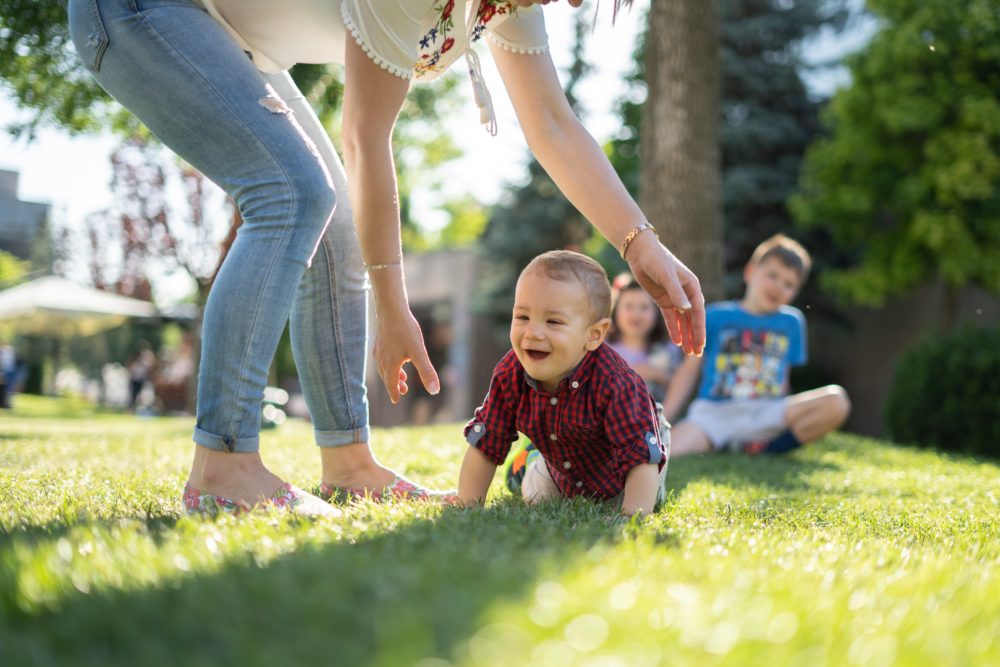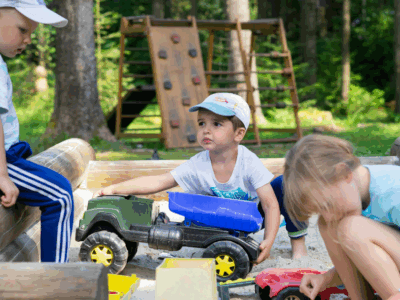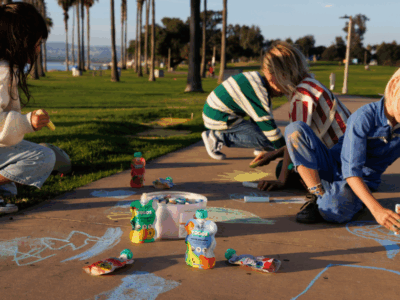The past eleven months have probably zoomed by at record speed, and it’s hard to believe that your little baby is turning one next month! Even the last several weeks have brought about many cognitive developments, and your baby now understands many of the words and phrases that you say. Baby’s awareness continues to grow, as do motor skills. This month is prime time for some huge new leaps in physical growth, such as climbing and taking steps!
At eleven months of age, your baby may…
Take baby steps. While some babies are walking by eleven months old, many babies still need a few more weeks or months to gain this skill. However, by this time, most babies will take tiny steps when holding onto both of your hands, or when pushing a toy across the rug. These little baby steps will soon turn into fully independent walking!
Climb. Many children will begin to climb at this age. The couch, the counter, older sibling’s playground equipment… anything that baby can get her strong little hands on. Many babies climb long before they can walk, which is perfectly normal. Babies that climb early and often tend to develop very strong hand-eye coordination at a young age.
Practice mini tantrums. While these tantrums won’t be anything like a full-blown toddler tantrum just quite yet, there is a possibility that your eleven month old will start throwing small tantrums when something goes wrong. Expect massive tears and maybe even flailing when you take away a fun toy or interrupt his favorite meal! Luckily, at this age tantrums last only a few moments, since these kiddos are just beginning to experience heavy, big emotions.
Have a longer attention span. Your baby can probably play with something for about five minutes at this point, before she loses interest and moves on to the next item. This longer attention span shows just how much your baby’s cognitive abilities have changed over the last few months!
Love to read. By now, your little one likely has favorite books, and he may bring them to you to read. Some babies will also pretend to read books on their own, by turning the pages and babbling as they look at the now-familiar words and pictures.
Suddenly seem shy. It isn’t exactly stranger anxiety, but instead, showing a new emotion: shyness. Even when seeing a friend that she knows well, your baby may suddenly turn away and bury her head in your shoulder, only to shyly look back a few seconds later. At this age, your baby’s true temperament is really emerging, so new characteristics, such as shyness, tend to pop up around this time.
Imitate gestures. In past months, your child might have imitated gestures that they saw being repeated often, such as pointing, clapping, or nodding his head. At this age, babies are able to imitate gestures that they see on the fly. Your baby might watch you grab a pen and jot down a note, and then he will try to do the same thing. Since imitation is the sincerest form of flattery, enjoy these endearing moments!
Help with dressing. Getting dressed was once a major inconvenience for your baby, who just wanted to be on the move! However, at eleven months old, he might put his arms up to help you dress him in the morning, or stick out his leg when it is time to put on his shoes. Some babies at this age might even loudly let you know that they have a preference for certain clothes.
Master self-soothing. At this point, your baby is likely able to self-soothe in many situations. This might mean she can soothe herself back to sleep in the middle of the night, or that she has the emotional and physical skills to cope with new situations. Self-soothing can come in many forms, but children will typically use their thumbs or a favorite lovey as a way to keep calm.
Because your baby is now able to slow down and enjoy certain activities for five or so minutes at a time, it’s the perfect month to begin to expand your child’s library. You might want to replace a few of the popular black-and-white board books with simple stories that rhyme or have a good rhythm. Neighborhood storytimes are very popular at this age, and your baby might start to recognize the same little friends that they see week after week. As you begin to frequent the same places and build community, you might find yourself with some new parent-friends as well!



